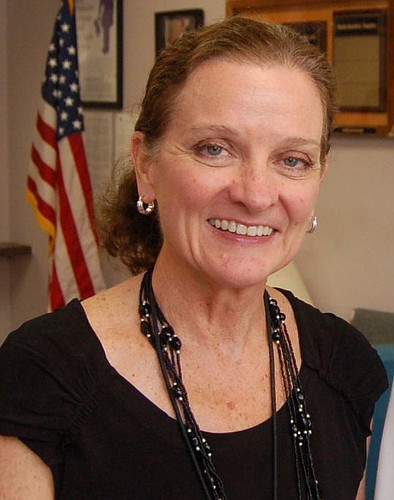
There’s probably no better way to grasp what “alone” really means than to be a litigant in federal court without an attorney.
About 100 civil cases were filed in 2015 in the Jacksonville division of the U.S. District Court for the Middle District of Florida by people who — for one reason or another — were not represented by an attorney at any step in the process.
From the day they filed the first document with the court until they stood in front of a judge who would make a decision that could significantly affect their life, they were on their own.
Fortunately, 61 of the layman solo practitioners (pro se is the legal term) were not entirely on their own.
The litigants were offered assistance to navigate the system through a pilot program developed by the Jacksonville chapter of the Federal Bar Association, at the direction of the Pro Se Assistance Subcommittee of the Middle District’s Bench Bar Committee.
When documents are filed incorrectly or incompletely, it slows down or even halts the process.
If a litigant doesn’t understand and follow court procedures, it puts judges and opposing counsel at a disadvantage and further complicates already-crowded court dockets.
“It was obvious to the court that pro se litigants are challenged. If you don’t know what to do, it’s difficult,” said Susanne Weisman, immediate past president of the Jacksonville chapter and judicial law clerk to U.S. District Judge Timothy Corrigan.
The outline of the program began to take shape after months of studying pro se services provided by other courts and consulting court clerks and Bar associations in several states.
The first step was to redesign the middle district’s website, flmd.uscourts.gov, to make it easier to access pro se services already in place.
That includes a 20-page handbook that distills more than 300 pages of federal civil procedure into language that’s easy to understand and provides a step-by-step guide to the court process.
Space was allocated near the clerk’s office in the Bryan Simpson U.S. Courthouse where litigants and attorneys participating in the program could meet.
That’s when Jacksonville Area Legal Aid was called on to provide the limited scope assistance that’s the core of the program.
“JALA was perfect,” Weisman said. “They are experienced in helping people who are facing a lot of challenges.”
Kathy Para, legal aid pro bono director, said when JALA was approached about participating in the program, it was an easy decision to get involved.
“Our clients are people who need legal help, but can’t afford counsel. It’s our target population,” she said.
The budget for the one-year pilot program is less than $10,000, provided by the Bench Bar Fund, which is derived from dues paid by attorneys and judges who practice in federal court, said Weisman.
Since the program began June 2, sessions have been offered 11 a.m.-1 p.m. Tuesdays in the federal courthouse.
Legal aid staff attorneys do not write documents or appear in court for pro se litigants.
They assist in drafting pleadings and motions and provide guidance about general procedure, such as courtroom decorum, discovery and the benefits of mediation and settlement conferences.
In some cases, legal aid attorneys referred pro se litigants to attorneys who could take cases on a pro bono basis when more than just guidance was needed.
“Jacksonville is a tight-knit legal community. We all share the same goal of providing assistance to people in need,” said Para.
Based on the first eight months of the program, it appears to be a success.
“It helps the court, it helps attorneys and it helps litigants. It’s a win-win-win,” said Weisman.
(904) 356-2466